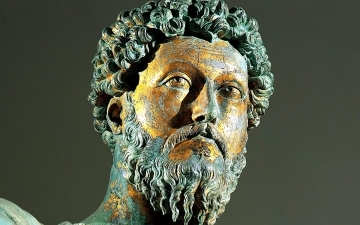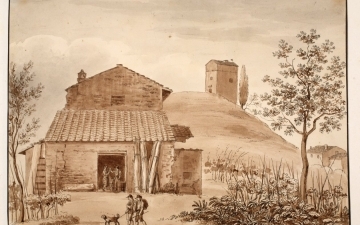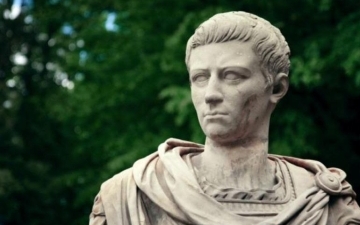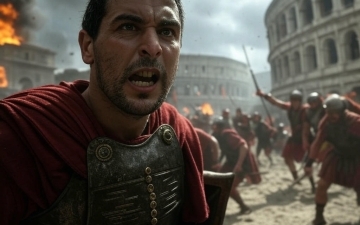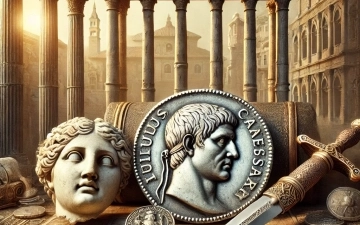From Ancient Rome To Today: 4 Games Played By Emperors And Their Modern Equivalents
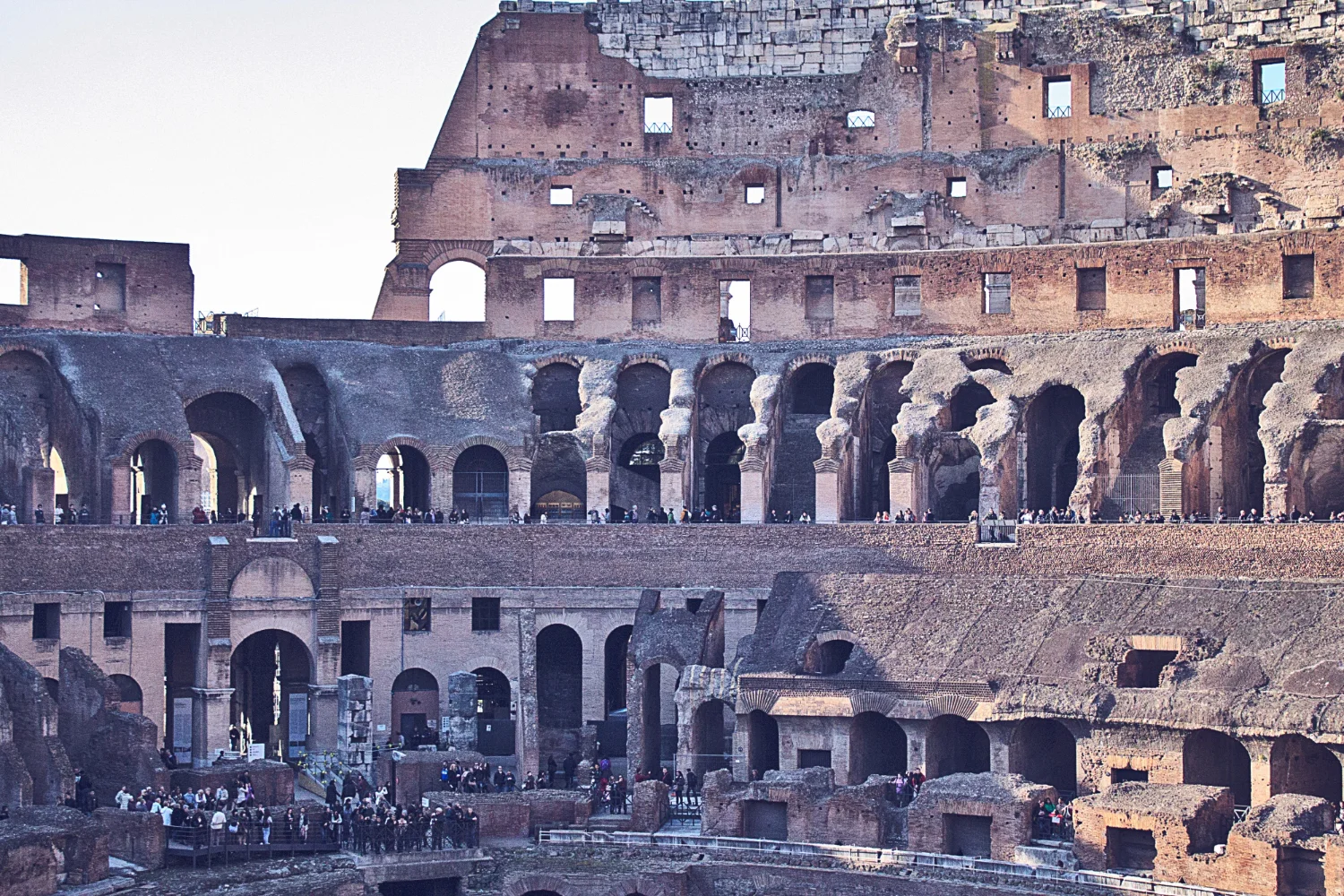
In history, Ancient Rome had rulers who enjoyed games that involved intelligence and risk-taking. The interesting part is that some of these games have now evolved to their modern versions that still entertain people.
When we look at the Ancient Roman history of emperors having fun, most of them went for entertainment that had high stakes; think gladiator fights and chariot racing. It’s fascinating to see how human nature hasn’t changed much when it comes to the appeal of games.
In this blog, we are going to look at four games played by emperors and their modern equivalents to see how each one evolved.
Claudius: The Strategist Of Ludus Aleae (Close To Today’s Poker)
Emperor Claudius was a deep thinker and loved games that involved chance and luck. He was different from the ruthless rulers before him in the sense that he valued intelligence and methodical decision-making. These traits might be why he loved the game Ludus Aleae, a dice-based gambling game. Ludus Aleae is a game that involves chance, skill, and deception and requires players to place bets based on the possible outcomes.
Poker is a similar game to Ludus Aleae in the sense that it also involves probability, strategy, and reading the opponent’s mind. Poker is different from other gambling games in the sense it requires more knowledge of odds and psychology rather than luck. One of the best examples of how poker is easy to learn but hard to master is from the life of professional poker players. In an interview with poker pro Nikki Limo, she revealed that she learned poker at the age of nine, demonstrating how accessible the game is for beginners while still offering a path to mastery for those who take it seriously. Her story shows how poker welcomes players with an option to master the game for those willing to take it seriously.
From Ludus Aleae to modern poker, strategic games have always appealed not only to regular people but also to emperors and leaders. However, poker variations are not the only examples, as many other games hold a similar allure, as we will see below.
Augustus Enjoyed Dice Games: Ventiuna Vs. Modern Blackjack
Augustus, the first emperor of Rome, was a skilled military leader and also a regular gambler based on historical texts. He often played dice games such as Ventiuna. Ventiuna can be considered as an early version of blackjack. The rules are similar: get as close to 21 as possible without exceeding it. The difference was it used dice instead of cards. Augustus was a high-stakes player and sometimes gambled large amounts of money just for entertainment.
The closest equivalent to this game today is Blackjack. Blackjack is a card game where you have to beat the dealer by getting a hand closer to 21. You can either hit to take a card, stand to pass the turn or double down to increase the bet if you are confident. There is also an option to split if you get drawn to the same pair of cards.
This involves a lot of probability analysis, strategy, and calculated risk-taking. Blackjack has also evolved to new variations over time. In fact, Pontoon 21 is a popular alternative where there are certain changes to the traditional game. For example, players always win a Blackjack and pay 3:2 instead of 2:1 in traditional blackjack and there are no 10s in this version. Here is a more detailed review of the game to get a holistic idea:
Commodus And the Gladiatorial Games: From Arena To Video Games
Commodus is a Roman emperor who was obsessed with power based on history. His obsession was so big that he stepped into the gladiator games and fought by himself. He saw himself as a living legend and focused more on showcasing his glory, unlike the other rulers who simply enjoyed the game from a distance.
Video games are also similar to gladiatorial games in the sense that there are one-on-one games where two players fight each other with unique characters that have their own combos, skills, and counterattacks. These games also have tournaments and esports where players can compete for the highest status just like how Commodus went for glory and power within the Colosseum.
Nero And Chariot Racing: The Precursor To Modern Motorsports
Nero is one of Rome’s most famous emperors who was also passionate about chariot racing. The Circus Maximum was the grand stadium of Rome that attracted massive crowds just like modern motorsports events of today. He even participated in races but was criticized for using his power to win rather than skill.
The modern equivalent to chariot racing from Nero’s times to today is motorsports such as NASCAR or Formula One. Both involve racing within a track using high-speed equipment, team strategies, and intense rivalries. Every racer pushes their vehicles to the limit just like how ancient charioteers risked their lives for victory.
The Timeless Appeal Of Games
Even though games have evolved from how they were played in Rome to today, the core elements remain the same. The fundamental desire to compete, make strategies, and win is what keeps these games going throughout history.
Related Posts
The Evolution of Customer Expectations In A Digital-First World
Introduction: When Everything Changed for Travelers Think back to your last vacation ten years ago. Going off-grid was actually part of the appeal, wasn't it? Fast forward to today, and that mindset seems downright prehistoric. Modern travelers want their phones working before the plane wheels touch down, and they're definitely not...
Read MoreMarcus Aurelius: Philosophy and Leadership in the Midst of Turmoil
In the annals of Roman history, the name Marcus Aurelius stands as a symbol of wisdom, Stoic philosophy, and leadership during times of great adversity. His reign as Emperor from 161 to 180 CE coincided with challenging periods for the Roman Empire, including external threats and internal strife. In this...
Read MoreSeverus Alexander: The Emperor Who Faced Down Crisis and Attempted to Restore Order
Severus Alexander, often overshadowed by the more flamboyant and controversial emperors who preceded him, was a ruler who ascended to the imperial throne at a time of profound crisis. His reign, while ultimately brief, was marked by a determined effort to restore order and stability to the Roman Empire. Grandson of...
Read MoreCaligula: Madness and Infamy in the Roman Empire
The name Caligula is synonymous with madness and infamy in the annals of Roman history. Gaius Julius Caesar Augustus Germanicus, known as Caligula, was the third Roman Emperor, and his tumultuous reign left an indelible mark of cruelty, debauchery, and tyranny. In this article, we delve into the life and...
Read MoreYear of the Four Emperors: A Visual Timeline
📅 68 AD April: Galba, governor of Hispania Tarraconensis, and Vindex, governor of Gallia Lugdunensis, rebel against Emperor Nero.May: The Rhine legions defeat and kill Vindex in Gaul.June 8: The Senate declares Nero a public enemy.June 9: Nero commits suicide; Galba is recognized as emperor.November: Vitellius is appointed governor of Germania...
Read MoreUnearthing History: Julius Caesar’s Artifacts and Their Significance
Julius Caesar, one of the most renowned figures of Roman history, left an indelible mark on the ancient world. His military conquests, political reforms, and dramatic death have made him a central figure in historical and archaeological studies. Although Caesar lived over two millennia ago, numerous artifacts associated with his...
Read More


















